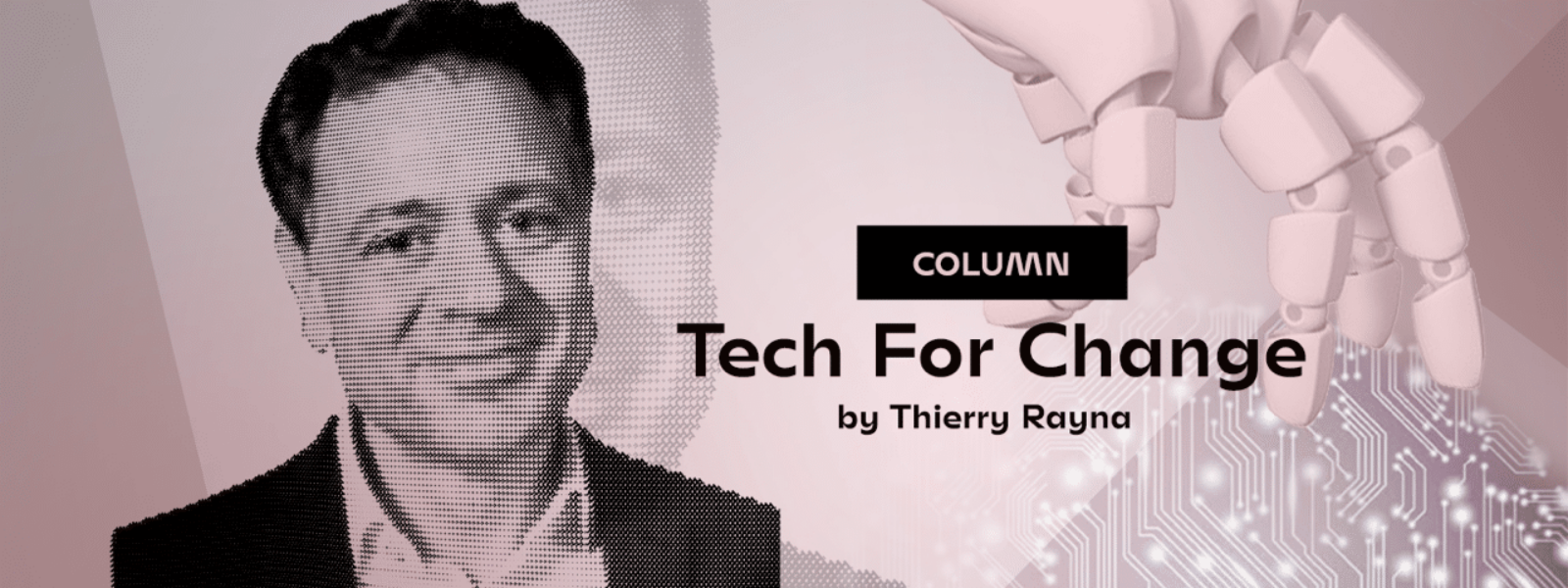Sustainable development: how to prepare tomorrow’s business leaders
- Insofar as they are shaping the world of tomorrow, it is essential to take an interest in the vision that future business leaders have of sustainability issues.
- MBA students can have differing views on this subject: the pro-economy view, the pro-environment view, or the economic-environmental view.
- While 85% of managers show a strong interest in environmental issues, they find it difficult to link them clearly to economic issues.
- As a result, more and more MBAs are transforming their content to integrate environmental issues more directly.
- To achieve this, tomorrow's business leaders should be trained in sustainability issues and their challenges, with an emphasis on interdisciplinarity.
Even if the climate emergency is on everyone’s mind, it is often difficult to transform the legitimate concerns that this emergency arouses into tangible action. This is particularly the case for businesses, which are subject to apparently totally contradictory injunctions: growth, profit and economic profitability on the one hand, transition and sustainable development on the other. While many of today’s business leaders are struggling to solve this equation, the question arises as to how we can prepare tomorrow’s business leaders for the development of sustainable activity. This is precisely the aim of a study conducted among MBA students by Pilar Acosta and Maria Jose Murcia.
The results of this study are of critical importance, since they show that while there is a very strong appetite for environmental issues among the younger generation – and future business leaders – it is still difficult to link these issues to the necessary economic challenges facing any company. This means that this ‘transition of mentality’ among future managers is not a foregone conclusion, and that it is imperative to adapt the content of MBA programmes so as not only to place sustainable development issues at the heart of them, but also to emphasise interdisciplinarity, a necessary approach if we are to overcome the many challenges associated with sustainable development.
Thierry Rayna, Chair Tech4Change
At a time when it is becoming increasingly urgent for companies to take on board today’s environmental challenges, this study looks at how future company managers view sustainable development issues, and reinforces the importance of addressing these issues during their training.
Conducted prior to the Covid-19 health crisis, the study by management doctor Pilar Acosta and professor Maria Jose Murcia (Universidad Austral, IAE business school, Argentina) is set against a backdrop in which the need for governments and businesses to commit to genuine sustainability has become even more pressing since the pandemic.
Sustainable development, which aims to reconcile economic growth with environmental constraints such as limited natural resources, is emerging as the solution of choice to environmental problems. But the feasibility of such a change in our growth-oriented society is still being debated.

This study looks at ways of changing the way business leaders view sustainable development. This vision, which is crucial to the development of business strategies, shapes the current economic thinking. The decisions taken by companies have a real environmental, economic and social impact. So it’s worth looking at how future business leaders perceive sustainability issues, and how they see the interconnected relationships between three factors: economic growth, social prosperity and the environment.
Master’s degrees in business administration (MBAs) are the main route into corporate management, training the business leaders of tomorrow. By interviewing students on this type of course, the study was able to determine their conception of sustainable development, and how this, combined with the information and values they consider, influences their decisions.
Environment or economic growth?
The study, conducted strategically in Latin America, a region containing the world’s greatest biodiversity and numerous natural resources, highlighted three major conceptions held by students regarding the relationship between economic growth, social well-being and the environment:
- The pro-economy vision: These future managers give priority to economic growth, taking an interest in social and environmental problems only when they are aligned with economic objectives.
- The pro-environment vision: For almost a third of those questioned, environmental issues are central. Although this group favours reducing the consumption of natural resources, they are unable to completely link the increase in consumption with the environmental impact of economic growth.
- The economic-environmental vision: More than half of the future business leaders questioned show an interest in environmental issues while favouring economic growth. This group finds itself torn, particularly as regards the beneficial effects of economic growth on social issues, or the role of new technologies in combating environmental problems.
As a result, a large majority (85%) of tomorrow’s business leaders show a strong interest in both environmental and social issues, while recognising the importance of economic growth. When it comes to sustainable development, our future business managers are not looking exclusively for profit, nor are they seeking to reconcile contradictory objectives perfectly. But this study also shows that future managers have a mixed understanding of the connections between the economic, social and environmental aspects of sustainable development. In practice, this gap can lead to difficulties in making decisions that require the integration of information from these interconnected themes.
Adapting the training of future business leaders
The concept of sustainable development represents an immense challenge, since it involves taking into account the interaction of a number of issues (the economy, quality of life, respect for the environment, etc.) on different time scales (short‑, medium- and long-term solutions). So it’s not surprising to find that respondents, like the rest of the population, find it hard to make sense of certain information.
As future business leaders represent a crucial link in the establishment of a sustainable economy, it seems essential to prepare them as well as possible to manage sustainable development issues. So it’s not surprising that more and more MBAs are transforming their content to incorporate environmental issues more directly.
85% of tomorrow’s business leaders show a strong interest in environmental issues.
The study carried out proposes not only to introduce these sustainability issues into the educational curriculum of tomorrow’s business leaders, but above all to make them face up to the multiple challenges that this implies by emphasising interdisciplinarity. Students will be confronted with complex and sometimes paradoxical situations, challenging their own perception of these issues. Working on these issues in groups, through simulations and case studies, and interacting with academic, industrial and government players, would help to develop critical thinking and constructive debates, driving a change of perspective on sustainable development.
Whether for future business leaders or for the general public, awareness of the contradictions and paradoxes in our perception of sustainable development, although destabilising, could motivate changes in behaviour with a major impact on our economy, our society and our planet.

















